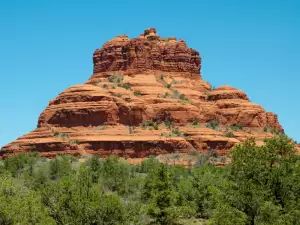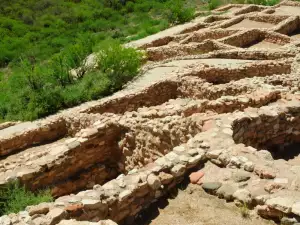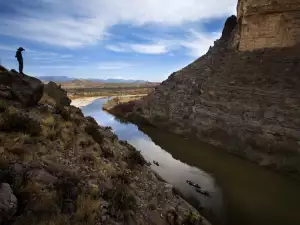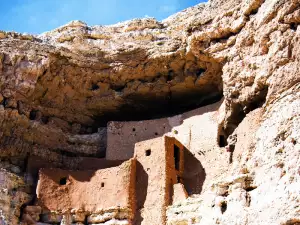Mesa Verde
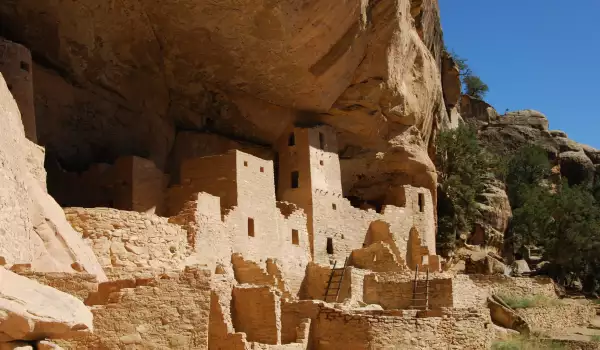
Mesa Verde is the largest archaeological preserve within the U.S. It has the status of national park and is also part of the world heritage of UNESCO.
Generally, the reserve occupies the southwestern part of Colorado, with its entrance onto a national highway 160 and is at a distance of 16 km from Cortes.
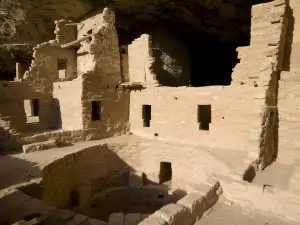
This historic area contains about 4000 archaeological finds, that evidence human activities in these places between 600 and 1300 years after Christ. Here are the most famous rock homes across the Southwest, which attract many tourists, curious to see the ancient homes of their ancestors.
Mesa Verde is remarkable, as its desert landscape consists of high plateaus and steep canyons.
Its name comes from the Spaniards who named the place this, because of the lush vegetation that grows in the high plateaus. In translation Mesa Verde means a green table cloth, in fact, when seen from far, it resembles a table, covered with a green cloth.
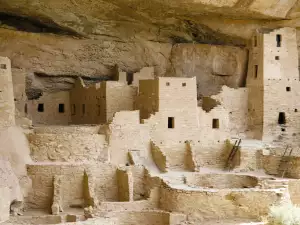
Local rock homes are in a square area, and people who had them carved in the rocks are Anasazi, who were ancestors of the Pueblo tribe. They lived in the 13th century, but only 100 years later abandoned their cave homes.
In 1888 the caves were discovered by local farmers. Until being declared a national park in 1906, Mesa Verde tolerated the plunder of many valuable objects left by Indian tribes. Other objects are stored in the local museum Chapin mesa, where a rich collection of Indian objects and can be seen, and one can learn a lot about the Anasazi civilization.
Adjacent to Mesa Verde Park is located the mountainous tribe of the yutas. It is separate from the territories to preserve their culture. You can also see a number of rock engravings, like those of Mesa Verde’s rock homes.
